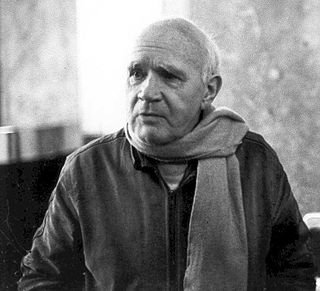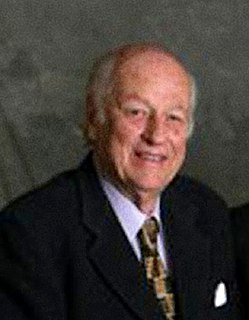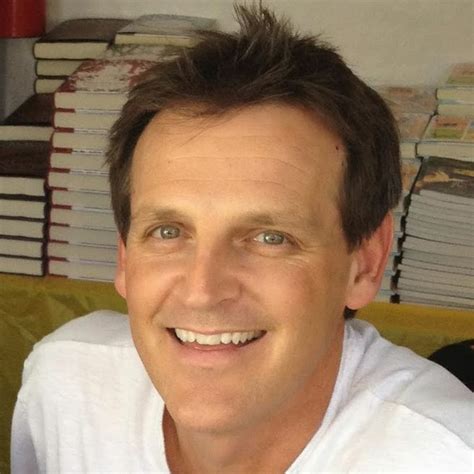A Quote by David Farr
I would say what you have to do as a screenwriter is strip the book back to find the skeleton. When you've found the skeleton - that's what you trust - you reclothe.
Related Quotes
Yeah? Can you draw a skeleton riding a motorcycle with flames coming out of it? And I want a pirate hat on the skeleton. And a parrot on his shoulder. A skeleton parrot. Or maybe a ninja skeleton parrot? No, that would be overkill. But it'd be cool if the biker skeleton could be shooting some ninja throwing stars. That are on fire.
They remain dead, the people I try to resuscitate by straining to hear what they say. But the illusion is not pointless, or not quite, even if the reader knows all this better than I do. One thing a book tries to do, beneath the disguise of words and causes and clothes and grief, is show the skeleton and the skeleton dust to come. The author too, like those of whom he speaks, is dead.
Berlin is a skeleton which aches in the cold: it is my own skeleton aching. I feel in my bones the sharp ache of the frost in the girders of the overhead railway, in the iron-work of balconies, in bridges, tramlines, lamp-standards, latrines. The iron throbs and shrinks, the stone and the bricks ache dully, the plaster is numb.
These are things you should learn. Your past is a skeleton walking one step behind you; your future is a skeleton walking one step in front of you. Maybe you don’t wear a watch, but your skeletons do, and they always know what time it is. Now, these skeletons are made of memories, dreams, and voices. And they can trap you in the in-between, between touching and becoming. But they’re not necessarily evil, unless you let them be.
Definitions get you into that time trap, and I'm very much more process-focused. Take Lucy, for example. Lucy is famous largely because she has almost a total skeleton. The more sophisticated we get with instruments, the more we can find out. Through CT scans of her skeleton, they now think she died falling out of a tree because of the way her bones are broken. If nineteenth and twentieth century technologies can retroactively transform our bodiment, what then do the technologies we now use do?
When we were kids, we would just go walking: just walk in a direction and hope that you were gonna find a crashed alien spaceship or buried pirate's treasure or something like that. You never did. You'd find, like, a coyote skeleton, something like that. That was the most exciting thing you'd ever find.

































